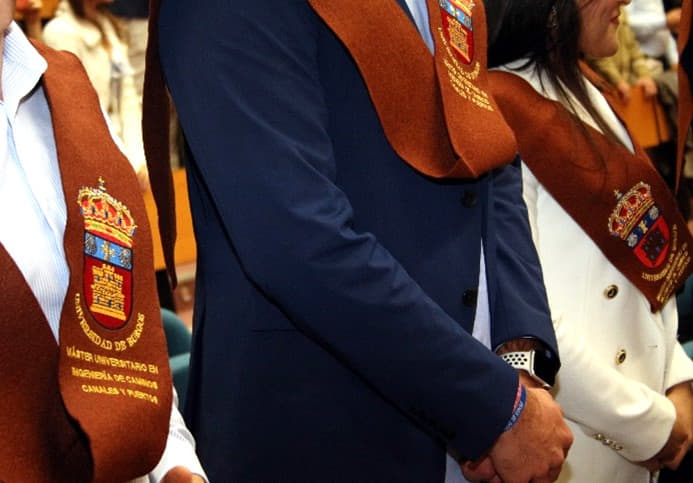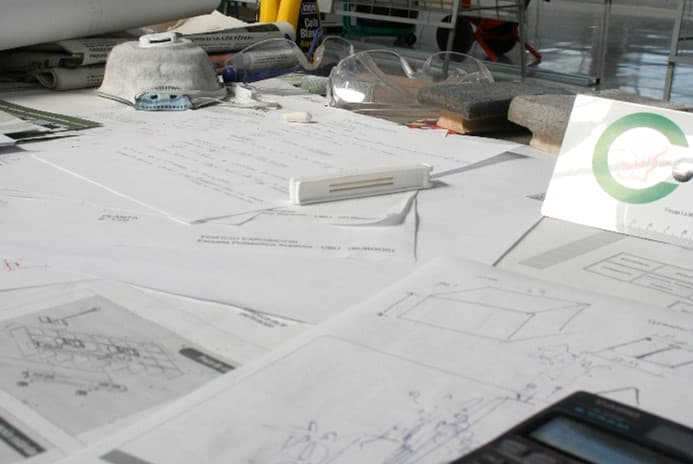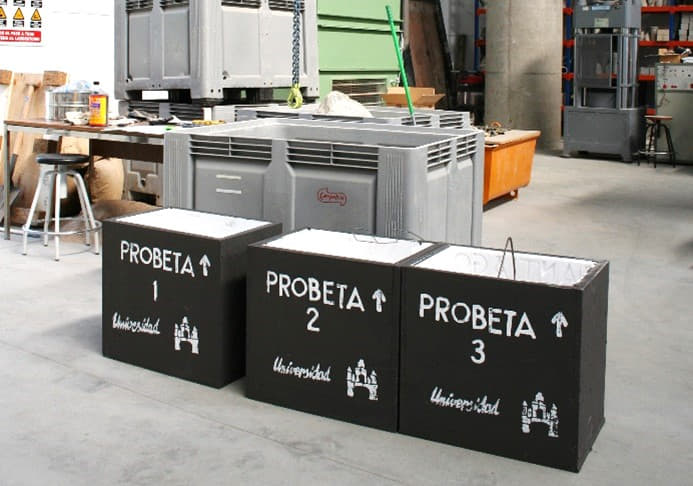Topics
Topics
Recent years have witnessed a transformation in university teaching, particularly in the fields of Technical Architecture and Building Engineering.
With the enactment of the "Requirements for the Verification of Official University Degrees that Enable the Practice of the Technical Architect Profession" (Order ECI/3855/2007) in 2007, Technical Architecture Schools adopted a student-centred approach in their curricula, using active methodologies, implementing competency-based assessment, and promoting the use of new educational technologies.
Implementing these new pedagogical strategies has been driven by the need to train professionals who can face the challenges of a constantly changing sector, considering current labour market demands and new professional profiles.
We seek contributions that address specific experiences demonstrating how these innovations have been implemented in the classroom and the results obtained in terms of improving learning and graduate employability.
Contributions included in this topic will focus on:

- New teaching methodologies and strategies
- Practices related to student assessment
- Experiences related to curriculum planning
- Experiences in evaluating teaching and learning processes
- Models for integrating new teachers into academic practice
- Experiences in tutoring
- Service-Learning (ApS) projects
- Incorporation of digital tools
- Blended and online learning
- Activities promoting interdisciplinarity
- Cross-disciplinary participation with school and pre-university students
Collaboration between institutions and the implementation of new management tools are essential for improving the quality of education in universities. By collecting and analyzing data on academic performance, student engagement, and teaching satisfaction, areas for improvement can be identified, allowing decisions to be made based on evidence.
Committed to sustainability, inclusion, and internationalization, institutions have enhanced their academic offerings by implementing new programs and signing collaboration agreements, thus training more competent professionals dedicated to sustainable development.

We invite you to share experiences on successful initiatives in academic management, such as quality programs, international mobility, and promoting inclusion for faculty, students, and Technical, Management, Administration and Services Staff.
Contributions included in this topic will focus on:
- Management of centres and departments
- Quality management programs for degrees
- Management of national and international agreements
- Promoting the internationalization of teaching (exchange programs for faculty, students, and Technical, Management, Administration and Services Staff)
- Review of curriculum plans
- Incorporation of bilingualism into teaching practices
- Incorporation of aspects related to inclusion and sustainability in institutions
- Reflections on the competencies and skills needed in students
Before the implementation of the European Higher Education Area (EHEA) through the Bologna Process, research was a minor activity in the career of a Technical Architect. The transformation from a diploma to a bachelor’s degree has allowed graduates to access both postgraduate and doctoral programs, thus broadening their training and job opportunities.
The fields of research that Technical Architects focus on are diverse, ranging from innovative building materials, health and safety, energy efficiency, new construction methods and building pathology, to industrialized and prefabricated construction, among others.
A special mention goes to research in teaching conducted by faculty in undergraduate programs, which not only directly impacts the improvement of education quality in the degrees offered, but also demonstrates the faculty’s commitment to educational excellence by researching their own practices.
Contributions included in this topic will focus on:
 Cómo incorporar avances tecnológicos en la enseñanza de la edificación
Cómo incorporar avances tecnológicos en la enseñanza de la edificación- How to incorporate technological advances into building education
- Interrelations between Technical Architecture and other disciplines
- Strategies to promote the creation and consolidation of teaching innovation teams at the individual centre or inter-university level
- Experiences in Teaching Innovation Projects
- Implementation of an entrepreneurial culture in teaching practices
- Digitization of teaching and virtualization processes
- Dissemination of academic activities to society
- Experiences in introducing students to scientific research
- Participation in research networks
- Participation in publicly and privately funded research projects (international, national, regional, university-specific plans, or industry-funded)
- Cross-disciplinary research across schools
- Multidisciplinarity and transdisciplinarity in Building Research

